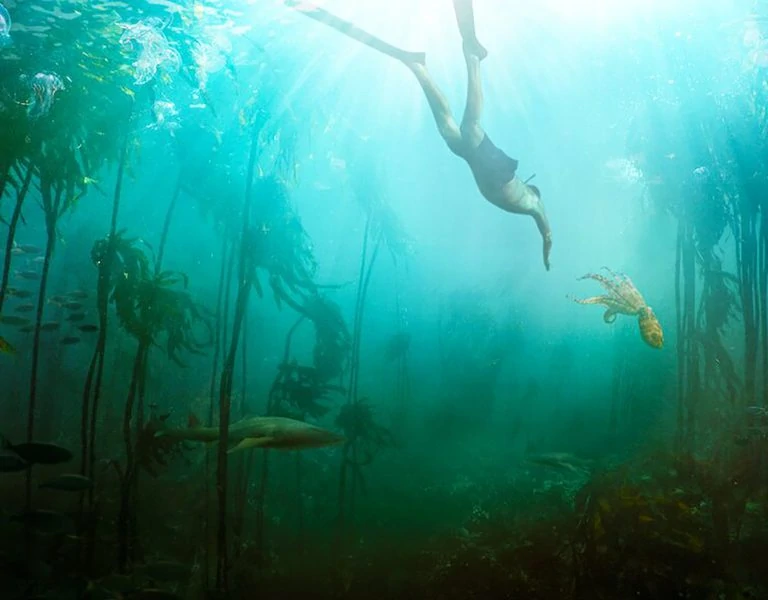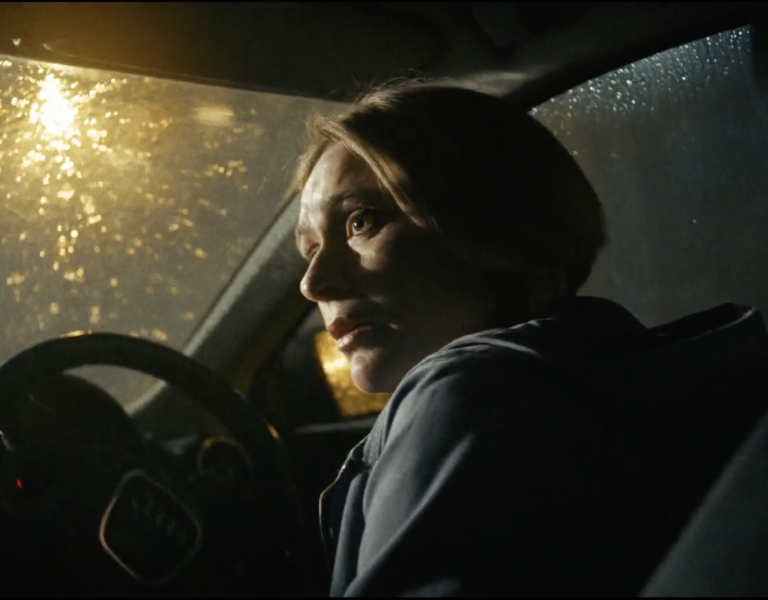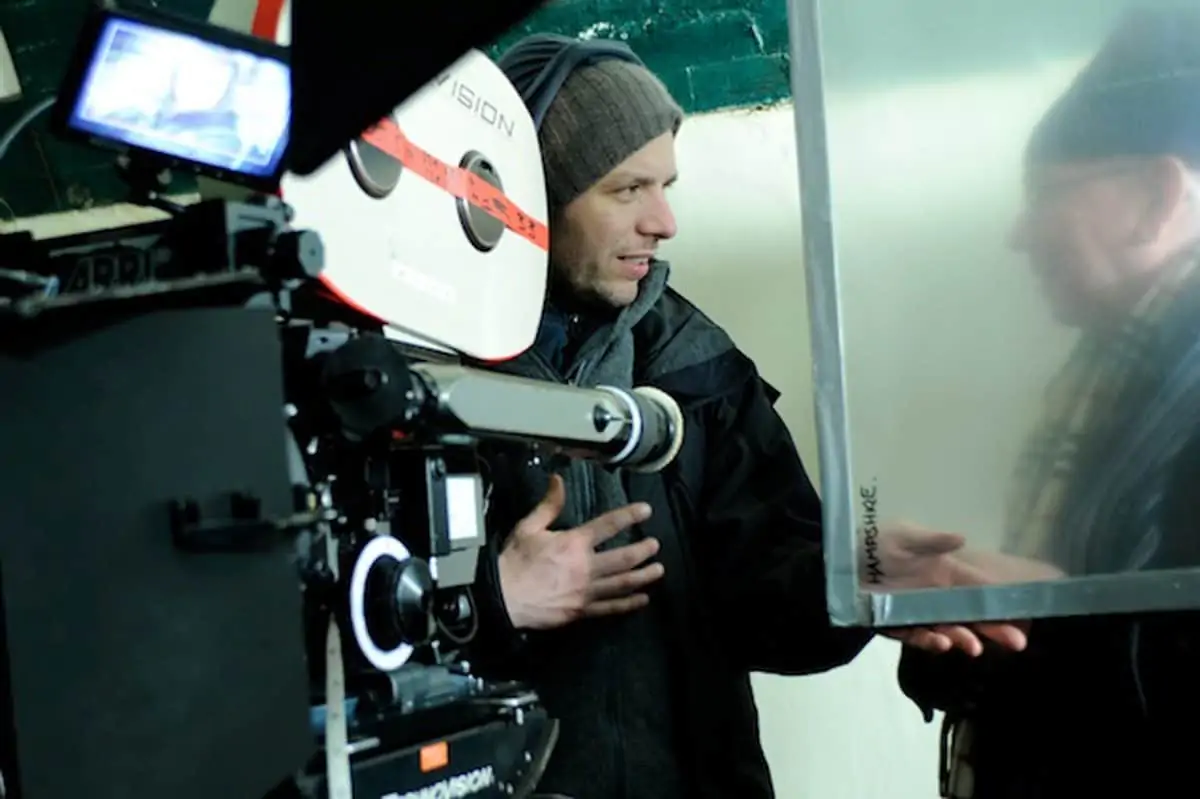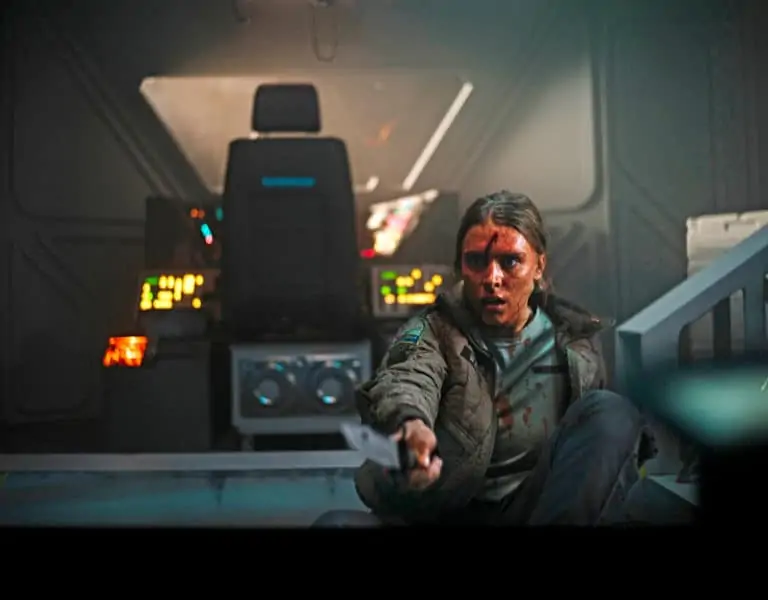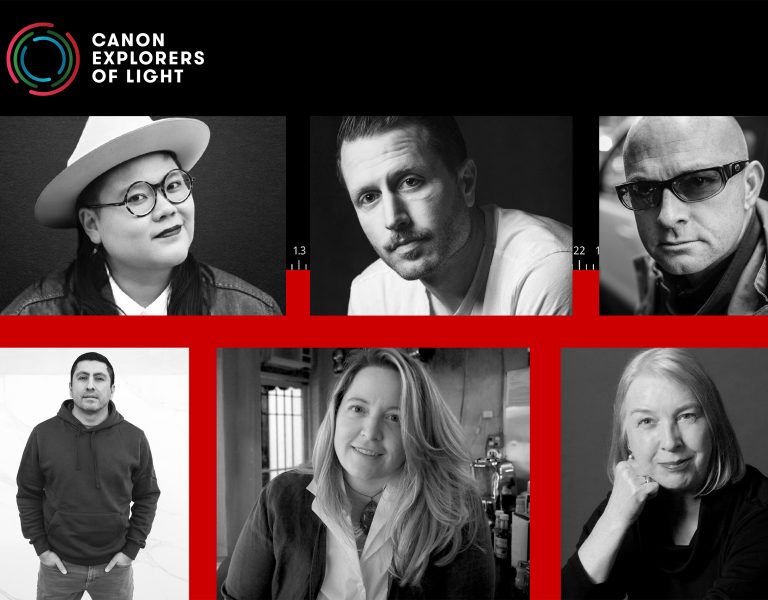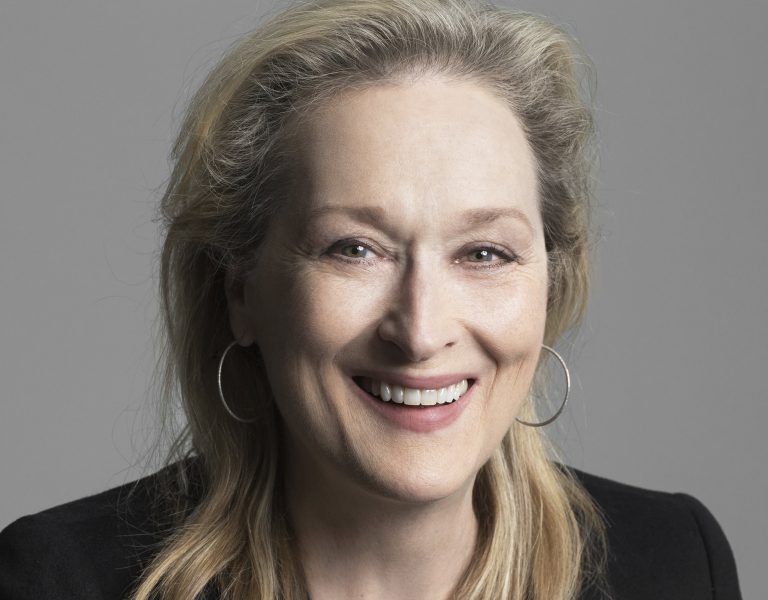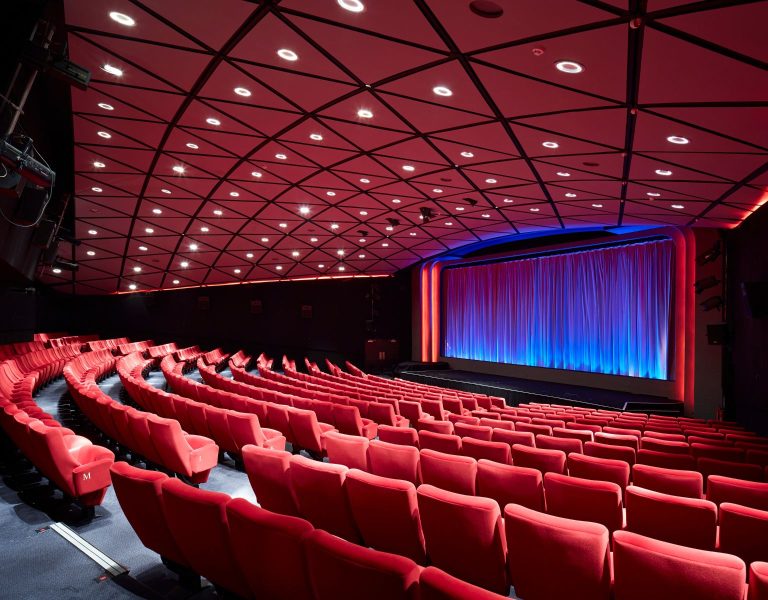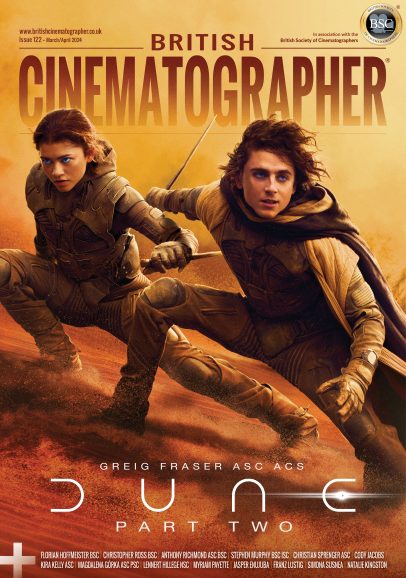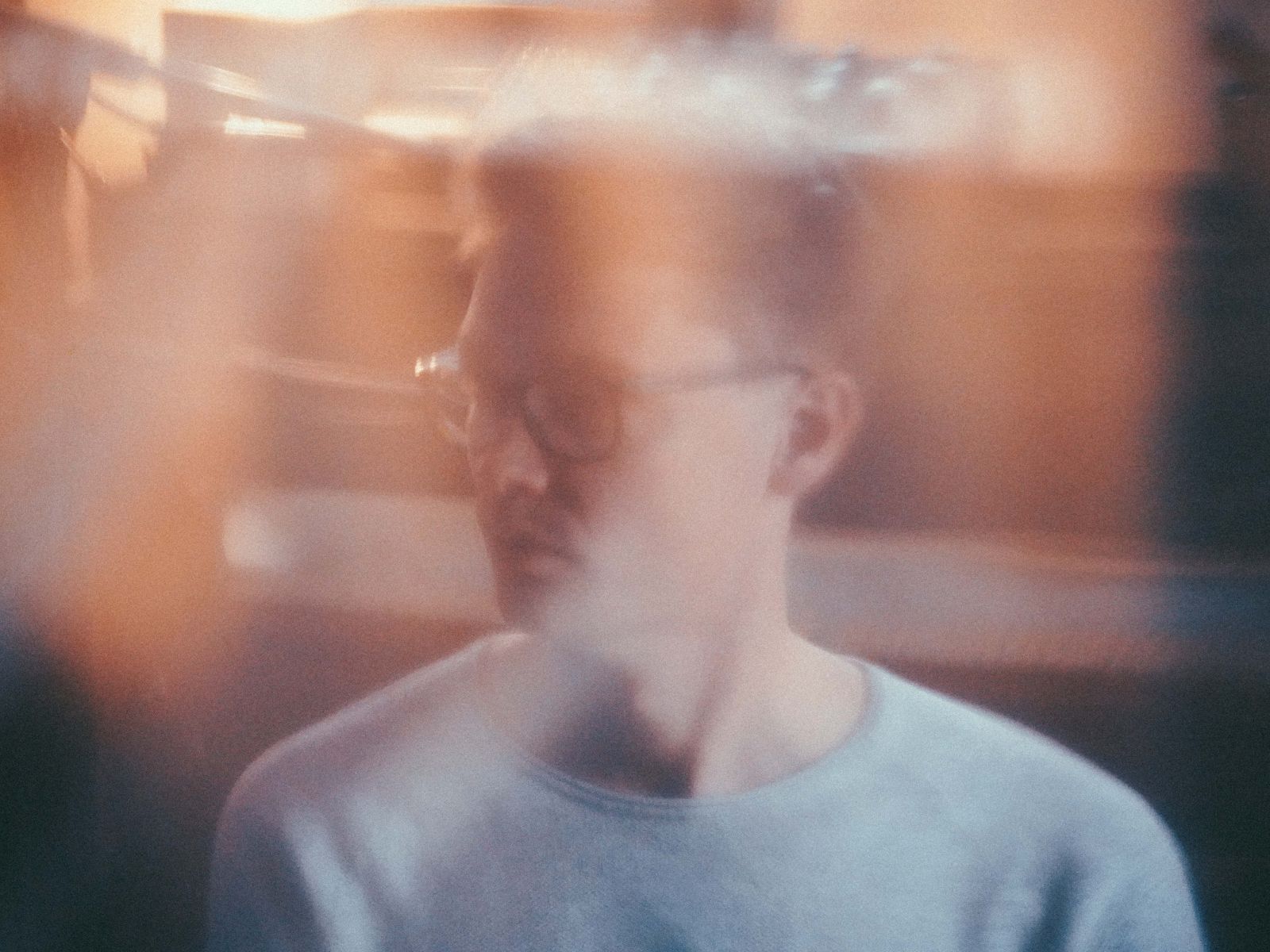
Chris Roe is an award-winning composer and multi-instrumentalist whose signature sound combines an acoustic, orchestral palette with a contemporary edge. To date he has scored TV projects for BBC, ITV, SKY Atlantic and SKY Nature, as well as feature films for The Bureau and Fulwell 73. Roe most recently was the composer of the BAFTA-nominated film Blue Jean, which is directed by BAFTA-nominated director Georgia Oakley. Previously, he scored the BAFTA- award winning feature After Love from director Aleem Khan.
Delve into Roe’s creative process on Blue Jean below…
Can you tell us about how you got involved with Blue Jean writer-director Georgia Oakley?
I think Georgia and producer Hélène Sifre heard my score for After Love and liked my approach to the music for it, so they got in touch. After reading the script and watching an early cut, I knew straight away that they had something very special on their hands! Georgia’s script really jumped off the page and Rosy McEwen’s embodiment of Jean’s character was really phenomenal – even in the early cut I saw.
Can you share about what your collaboration process looks like between composer and director?
I always like to get on board as early as possible and then I find the early days are just about being as sponge-like as possible! Reading the script, listening to the director’s deepest hopes and dreams about the project, and thinking about what is the spark, the underlying concept behind everything else and what is drawing me into the story. Then I try to think musically how could I get this across to an audience; for example, After Love is a story about a woman’s world completely falling apart, so the whole score is basically a set of fragments of a melody that are distorted in different ways. After that, it’s a process of sharing early sketches to get the tone right, setting the parameters of the musical world, and then experimenting for as long as possible before you have to start committing to writing to picture.
What was your approach initially to the music of Blue Jean?
Georgia and I were working remotely so she left me some brilliant voice notes. The notes were really detailed about the impact she wanted to have on the audience while simultaneously leaving me a lot of freedom to explore how to achieve this musically. After I saw how Rosy brought across Jean’s inner turmoil with such subtlety, Georgia and I agreed that whatever the score became, it should sit quietly but powerfully underneath the surface.
How did you work with the director to ensure the music aligned with the visual style of Blue Jean?
Victor Seguin AFC, the cinematographer, shot on 16mm, and I remember being struck by how beautifully textured the look of the film was – I couldn’t believe it was raw footage, ungraded etc. So, I used quite a lot of tape emulation in the recording and writing process, adding a graininess aura to the sound to try and mirror that texture of film. The moments where Victor used zooms on Jean also really grabbed me, so Georgia and I wanted to support this by gradually building claustrophobia in the score with a kind of oppressive bass drone that builds and takes over the sound world in these moments.
What instruments or arrangements were best for capturing that?
The score blends a small string section recorded very closely and played very softly so you can hear the sound of the bow on the string alongside vintage synths from the ‘80s with their built in graininess and imperfections (being analogue rather than digital).
What were some of the most memorable moments from that creative process?
One of the highlights for me was the recording session with saxophonist Amy Green and the Solem string quartet. We recorded at the Pool Studios in Bermondsey with a great selection of vintage gear, and it was the first time I’d met Georgia in person. It was so great to have her there to keep the bigger picture in mind and bring me out of my focused musician’s world, questioning whether we could record even softer or with even more fragility to mirror the inner pain in Jean’s character.
Blue Jeans music includes a collection of “1980s electro-socialist pop anthems”, how did your background as a pianist and string player help bring this to life?
Well, I am a child of the ‘80s I guess! Luckily Georgia and Izzy Curry (the editor) had worked with music supervisor Bridget Samuels to choose some incredible ‘80s tracks for the moments where Jean is at her most liberated, whereas the score had a very different role of creating that sense of building tension and oppression.
Blue Jean has been described as “non-judgmental tale of self-acceptance, intergenerational solidarity and sapphic power”. How do you think the music reflects this?
I think that’s a brilliant description of the film, and I hope the score comes someway close to achieving that! There is maybe something in the way we used saxophone as a kind of representation of Jean’s journey from oppression to freedom. For me the saxophone is the ultimate symbol of musical freedom of expression, as it’s tied so closely with jazz and improvisation. So, I worked with the brilliant player Amy Green to play really subtle and ethereal melodic lines in the first half of the film, which gradually find their voice and develop into faster, more free flowing lines as Jean finds moments of freedom with Viv especially.
You’re originally from England, where Blue Jean takes place. Did the film teach you anything new about what was going on in the country in the 80s?
Absolutely. I had no idea about section 28 and the impact it had on the queer community. Speaking to Catherine Lee and Sarah Squires, whose stories the film is loosely based upon, the premiere of the film was an incredibly emotional experience for them, as it seems like there hasn’t ever been a real moment of justice for their community. Sure, Section 28 was repealed (although not until 2003), but I certainly wasn’t aware about it and don’t think it was covered widely at the time. Working on this film definitely educated me on the level of insidious homophobia that was historically present in that community. And given how the film is resonating so widely now, I think it’s still ever present in the daily lives of the queer community.
How does the music for Blue Jean compare to or vary from other scores you’ve created for projects like Trigger Point, After Love and Armstrong?
I always try to approach each project from a fresh perspective, finding some kind of conceptual way in and often from the starting point of some kind of unique sound or instrumentation. There is certainly a similarity with my approach for After Love, though is the minimal aesthetic, and really trying to blend the score into the overall sound world, ideally feeling like it is coming from the film, like it’s always been there rather than being added in post.
What kind of scoring would you like to dive into for your next project?
I have scored quite a few dark psychological thrillers in my TV work recently and would love to take on a similar project in the film world. I love the level of experimentation with finding new and unique sounds for these kinds of projects, so having the time to really explore these in a feature film would be incredible.
What’s coming up for you?
I’ve just finished work on a couple of TV drama projects which I’m really proud of. One is Wolf, a horror/dark comedy thriller mashup for BBC1, as well as a new Jed Mercurio series written by Debbie O’Malley which is really exciting. At the moment, I’m diving back into the documentary world, working on an emotional score for a series about a well-known British pop icon (can’t say more I’m afraid!), so that’s a lot of fun and a new challenge.
Blue Jean is currently streaming on the BFI Player.

